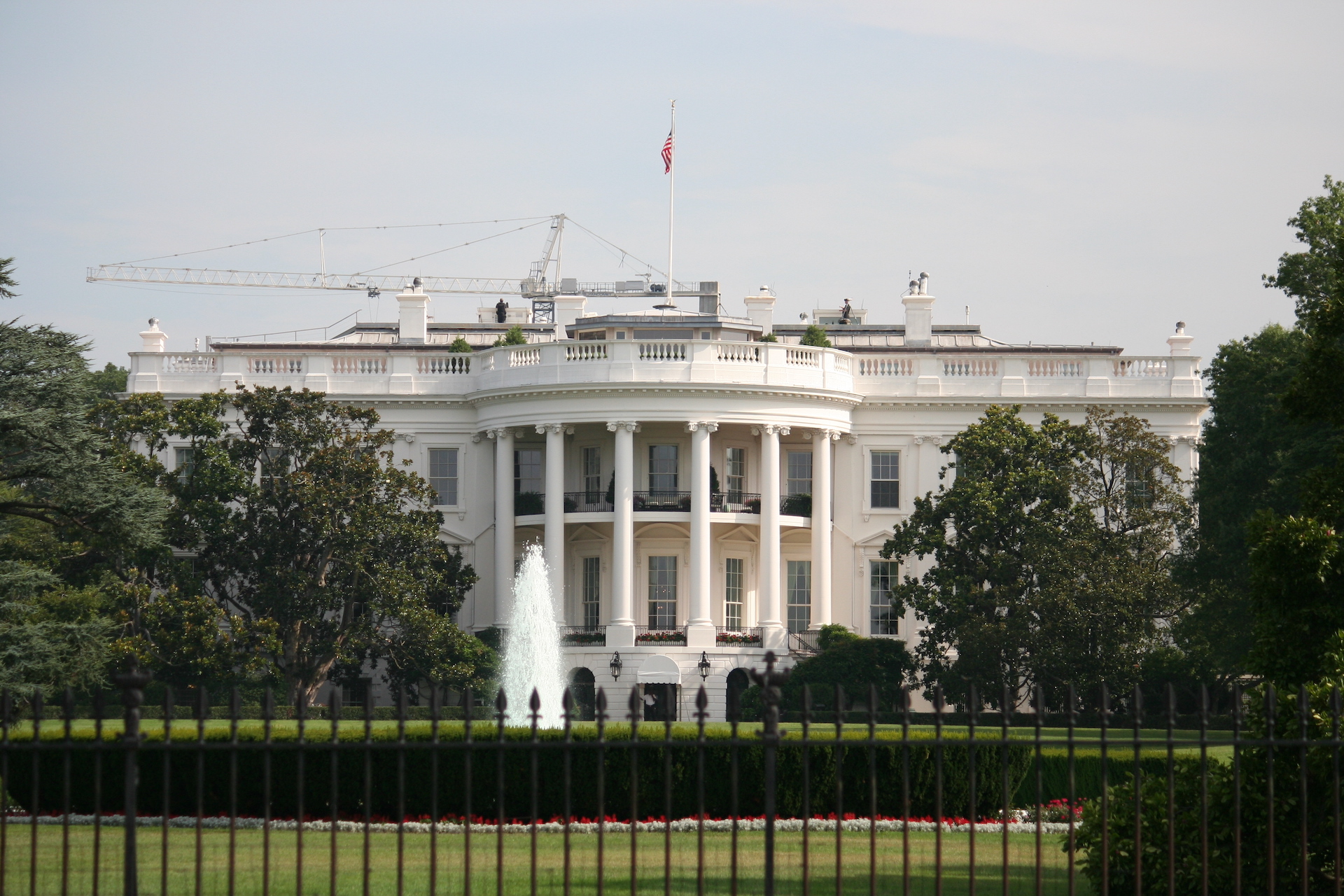
White House mum on ban on export of vaccine raw materials to India
The White House on Monday (April 19) did not respond to questions on the request by Serum Institute of India to lift export ban on certain raw materials needed for ramping up production of COVID-19 vaccine. Amid the rapid surge in COVID cases, the Indian government on Monday said that from May 1, vaccine will be open to all those above 18 years of age.

The White House on Monday (April 19) did not respond to questions on the request by Serum Institute of India to lift export ban on certain raw materials needed for ramping up production of COVID-19 vaccine.
Amid the rapid surge in COVID cases, the Indian government on Monday said that from May 1, vaccine will be open to all those above 18 years of age. It also allowed states to procure the vaccines directly from pharma companies. Currently, the Pune-based Serum Institute is manufacturing Covishied and the Hyderabad-based Bharat Biotech is making the indigenous Covaxin. The Indian government has also approved Russia’s Suptink V for production.
Also read: India’s failure on the vaccine front, and what needs to be done now
The government’s new rules would mean that the current production of vaccines will have to be increased substantially. However, the lack of raw materials from the US is likely to hamper production. Adar Poonawalla, the chief executive of Serum Institute, which is producing Covishied, had urged the US administration to remove the export embargo.
“Respected @POTUS (the twitter handle of the US president), if we are to truly unite in beating this virus, on behalf of the vaccine industry outside the US, I humbly request you to lift the embargo of raw material exports out of the U.S. so that vaccine production can ramp up. Your administration has the details,” Poonawalla said in a tweet.
The question in this regard was asked twice on Monday — once during the morning White House briefing on COVID-19 and later during the daily news conference by White House Press Secretary Jen Psaki.
“The Serum Institute of India has been saying that the Biden administration is blocking exports of raw materials needed to make COVID vaccines, and the Serum Institute has also urged President Biden to lift that embargo. So I wanted to ask which raw materials are at issue here? And do you have any plans to address Serum’s concerns?” asked a reporter during the morning news conference by the White House COVID-19 Response Team.
Also read: COVID vaccination for 18+ from May 1, states can buy directly from pharma cos
Both Dr Anthony Fauci, Director at the National Institute of Allergy and Infectious Diseases, and Dr Andy Slacitt, the White House COVID-19 response senior advisor, said they had no answer. “I don’t, Im sorry. We could get back to you on that, I’m sure. But I don’t have anything for you right now,” Fauci said. “Let us get back to you. Suffice to say we are taking very seriously the global threat from the pandemic. We’ve been a leader in the funding of COVAX, have done several bilateral transfers of vaccines, and are looking very hard and taking very seriously all of these complex issues. We’ll get back to you on the specifics,” Slavitt said.
A similar question was asked during the daily news conference.
“India is facing a critical shortage of raw materials necessary to make vaccines. And officials there are urging the US to lift the embargo on exporting those raw materials. My colleagues in India are reporting today that the Biden administration recently told India that its request was being considered and would be acted at the earliest. Could you provide some more details on that and maybe some timeline?” a reporter asked Psaki.
In response, Psaki referred to a recent speech at WTO by US Trade Representative Katherine Tai.
“The significant inequities we are seeing in access to vaccines between developed and developing countries are completely unacceptable. Extraordinary times require extraordinary leadership, communication, and creativity,” she said.
“We, of course, are working with WTO members on a global response to COVID. That includes a number of components, whether its $4 billion commitment to COVAX, or discussions about how we can aid and assist countries that need help the most.
Also read: Breathlessness slightly high among COVID patients in 2nd wave: Centre
“But our focus is on determining the most effective steps that will help get the pandemic under control. We don’t have anything further in terms of next steps or a timeline, but we are considering a range of options, Psaki said.
India’s vaccination drive started in January in phases — the first phase covered health and frontline workers, the second phase targeted senior citizens, while those above 45 were covered in the third phase.
(With agency inputs)


